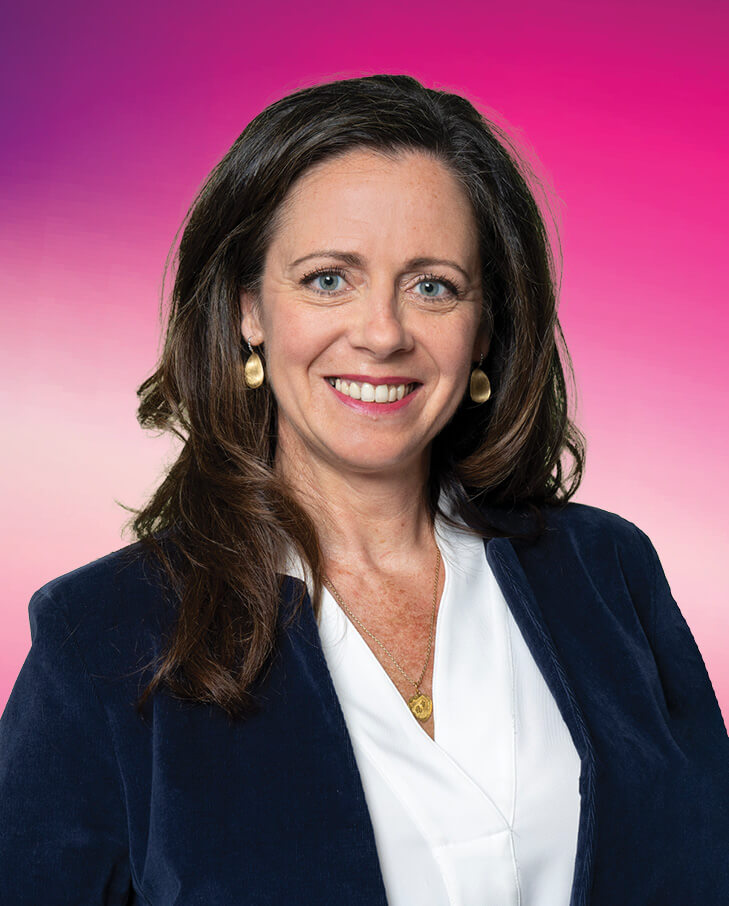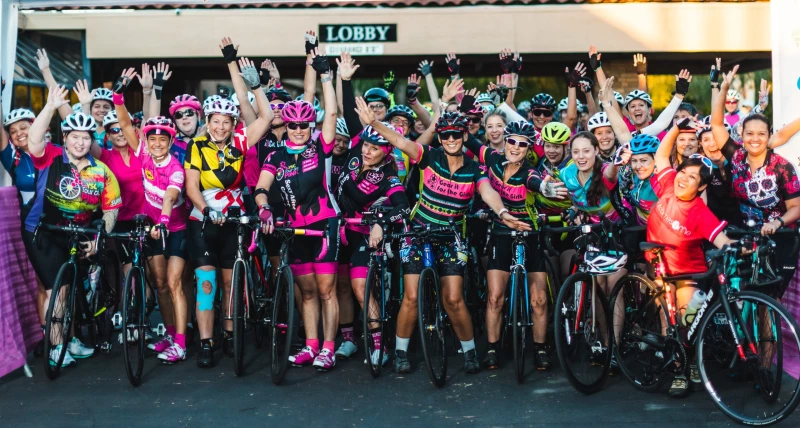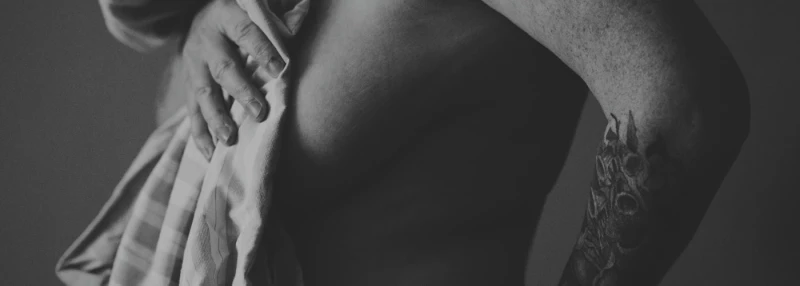If you were to buy a new car today and drive it from New York City to Los Angeles, stopping along the way at dealers to service the car, when you arrived 3,000 miles later, the dealer would know exactly what was done to your car throughout your journey and what needs to be done next.
 But, when we go to doctors, we fill out paper forms and give our medical history every time. Why do our cars get better care then our bodies? Why hasn’t medicine kept up with the times to ensure the most effective care for all of us?
But, when we go to doctors, we fill out paper forms and give our medical history every time. Why do our cars get better care then our bodies? Why hasn’t medicine kept up with the times to ensure the most effective care for all of us?
| Every one of us has experienced frustration with a situation like this of some kind … and, to be honest, it is getting old. It is time for change. But the problems are so huge and so complicated that I have often wondered what would be needed to start moving us in the right direction. I think I have found one of the answers: TEDMED. |
|
In a few weeks, from April 16–19, Stacy Lewis, YSC’s Chief Program Officer and Deputy Chief Executive, and I will be attending TEDMED for the first time. TEDMED is where innovators and leaders from many disciplines come together to try and create a better future in health and medicine … I like to think of it as Silicon Valley meets medicine.
If you are not familiar with TED Talks, these are 20-minute talks by leaders from every field to help push thinking and innovation. TEDMED is TED Talks, focused on medicine … with a twist. It is a large conference in D.C., where leaders from medical colleges, teaching hospitals, government agencies and nonprofit institutions from around the world come together to create a better future in health and medicine. Real change by the right people: Cool, right?
Stacy and I both received scholarships to attend and will be participating in a variety of different conversations — to ensure the voice of young women with breast cancer is heard — to push the thinking that we know needs to be pushed.
One part of the conference that I am most excited about is the Great Challenges Day. This part of the conference is about leveraging the science of storytelling and working in small groups to search for a more complete understanding of the key issues that impede a healthier future. I will be participating in the following conversations:
- The Caregiver Crisis: Caregivers have few tools, few support systems and receive minimal, if any, training for these responsibilities. What innovations can we develop specifically to support the caregiver community?
- Medical Innovation: Which proven strategies from Silicon Valley, the Moon landings, the Manhattan Project or other successful models could be applied effectively to achieve faster, yet less costly innovation in health and medicine?
- Sleep Deprivation: What is the full range of causes (social, medical, technological, economic, etc.) that engender and promote this widespread problem? What are the first-order and second-order effects, and beyond, of sleep deprivation? What would it take and what would it mean for America to view sleep as the third pillar of total health alongside diet and exercise?
- The Role of the Patient: If patients retain their traditional role, does that mean doctors are in charge? Are both in charge somehow? How is “power” shared among all stakeholders and how should it be shared?
- Managing Chronic Diseases: How can we innovate to help patients prevent, manage and treat their chronic diseases and achieve better outcomes?
At the same time, Stacy will be participating in these conversations:
- Inventing Wellness Programs: What kinds of innovation should we be thinking about and how can we bring them to market as soon as possible?
- Promoting Active Lifestyles: How do we invent broadly popular and achievable ways for people to become more active, so as to replace those “lost” energy expenditures?
- Impact of Stress: Given that stress is difficult to quantify and varies from person to person, how do we better understand the role of stress in the larger picture of health?
- Addressing Healthcare Costs: How do we foster a thoughtful, civil dialog that focuses on science and the public interest, in a way that has a reasonable chance of creating an approach we can all support?
- Impact of Poverty on Health: America would be better off if everyone were healthy, regardless of income, especially since government programs cover some costs directly. How should we think about the role and impact of poverty within the larger question of health?
The whole point of TEDMED’s Great Challenges Day is not to solve these complex problems but rather to provide America and the world with an unbiased view of these challenges, incorporating thoughtful and very different perspectives. TEDMED’s belief is that through an open, ongoing dialog we can foster a much better understanding of each challenge and then make real change that will make a difference.
I am honored to have been invited to participate in this important conversation and will bring what I learn back to YSC and the community of young women diagnosed with breast cancer we serve.
More to come …



